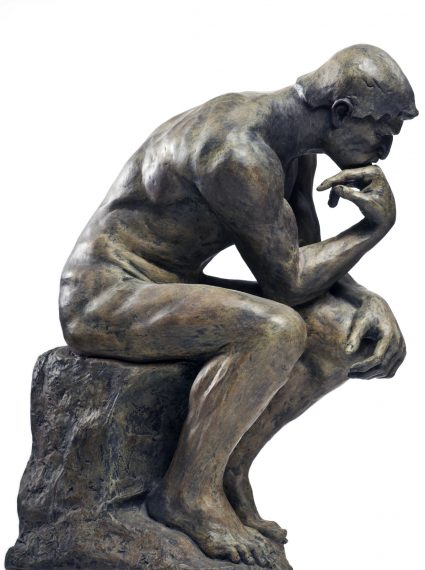What really differentiates sellers in helping customers in complex B2B buying processes?
Is it the products they represent? Possibly a little, but in reality, when the customer develops a short list of alternatives, any of the solutions can meet their needs.
Is it the price of the solution? When there is no other basis of differentiation, price will always win. But price is actually a small element when contrasted with risk, opportunity cost, and value realization. But too often, sellers don’t engage customers in these conversations, so they focus on price.
Is it our “cleverness,” in how we engage the customer? Cute tricks, techniques to catch their attention? I think customers are telling us those don’t work as we see fewer responses to our outreaches and over 72% of customers saying they prefer a rep-free buying experience. Yet, there is no end to tricks and gimmicks foisted on sellers as silver bullets to capture buyer attention. I suspect the purveyors of this type of grift technique don’t pay attention to buyer reactions. Perhaps the tougher it is to engage buyers creates a greater market for these approaches.
Is it our companies and reputations? This is important, no one wants to risk buying from a supplier with a poor reputation. But, again, no alternative makes it to a buyer short list without a strong reputation.
What sets sellers apart in complex B2B buying?
I suspect it’s the ability of the seller to guide the buyer into deeper thinking about what they are trying to achieve.
The ability of the seller to help the buyer understand the problems, issues, challenges beyond a surface level. The ability of the seller to provoke the customer to asking different questions of themselves, to look at the issues in different ways, to thoughtfully consider all aspects of the problem and a change initiative.
(Notice, I’ve said nothing about the product or solution yet.)
We know key issues impacting customer ability to make and implement a change have to do with their understanding of the costs of doing nothing and their fear of messing up (FOMU). So a differentiating capability, helping customers successfully move forward is helping them think deeply about these issues. To help them understand the consequences of doing nothing or doing the wrong thing. To help the customer build confidence in the choices they are making.
And once the customer gets to this point, they want to have confidence in the solution they are choosing.
These change efforts are not easy for anyone. They represent things the customer doesn’t do every day. Perhaps, they consider these only a few times in their careers. So it’s no surprise they struggle, they have fears/uncertainty, and they often fail in their efforts.
The sellers that create the greatest value for buyers are those that can help customers think deeply about what they are doing.
What does it take to do this? To guide the customer in this deep thinking, sellers need insatiable curiosity, critical thinking, problem solving skills. And they need to care deeply about the customer’s success.
Now I know a lot of you are thinking, “Yeah, yeah, Dave. You have become a broken record on this. We still have to make our numbers……”
The thing is when we work with sellers who help customers in this deep thinking, some remarkable things happen.
- Win rates skyrocket! You would guess this, because of the deep trust and relationships being built with the customer.
- “No Decision Made” plummets! Sellers who help customers confront and move past FOMU, help customers succeed in their buying process.
- Buying cycles drop by 30%! Providing customers clear guidance and help in this complex decision, helps them navigate the issues more effectively and efficiently. Rather than wandering aimlessly, we help them execute the project more purposefully.
Sadly, too few sellers do this. Despite all the data, all the customer feedback, too many sellers don’t do this. This is not just a seller issue, but it’s a strategic issue for leaders, sales enablement, and others. We need to recruit people who have this capability. We need to train and develop their skills in executing these capabilities with customers. We need to coach and develop them, helping them engage their customers in ways that are truly helpful.
Or we could do nothing and continue to miss achieving our goals…….

Leave a Reply